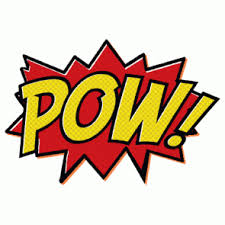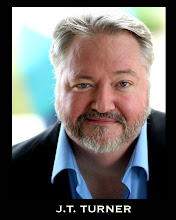 Last Blog, we discussed the key components of the speakers voice. Using the 4 key components of the voice, we can make an interesting and engaging vocal delivery. Often however, a Director will ask you to "hit" a word. This simply means to emphasize a particular word or phrase in the piece you are doing. We do this in a couple of different ways.
Last Blog, we discussed the key components of the speakers voice. Using the 4 key components of the voice, we can make an interesting and engaging vocal delivery. Often however, a Director will ask you to "hit" a word. This simply means to emphasize a particular word or phrase in the piece you are doing. We do this in a couple of different ways.First, to emphasize a given word, we often raise the pitch on the word, usually on the first sylable. Here is a short list of things to hit:
1) ANYTHING THAT THE WRITER OR DIRECTOR TELLS YOU TO, AND DON'T ARGUE.
2) USUALLY ONE OF THE FIRST WORDS IN A SENTENCE. "Come on down to Ira Oldsmobile!". "Please help us to make our goals."
3) DESCRIPTIVE AND ACTION WORDS SHOULD BE HIT. " See our beautiful condo units." "Learn to read, faster, louder, and clearer."
4) CLIENT NAMES, PRODUCT NAMES AND SUBJECTS. "Diet Coke, just for the taste of it".
But we can also use de-emphasis, dropping the pitch, to highlight a word of phrase. We often use this concept when asking questions.
"Have you tried Smuckers?" The pitch should go down when we have a word that is the last in a question. This idea can also be applied to lists, since the dropping of pitch will let the listener know there is more to come."They packed fruit, nuts, bread and an apple". We would drop pitch on the first 3 items, but not on the last, as that is the end of the list.
SIDENOTE: Although we often raise a pitch at the end of a question, make sure you do that only when really called for. Otherwise, you will sound like a Valley Girl! Try reading the T-rex lines, going up at the end of every sentence.

Fun, yes. Annoying in real life though!
Sometimes, for emphasis, we will also make a word stand alone. A short pause before, after, or both before and after gives a word a focus for the listener.
"The best soup in the world.....Campbells.....is now on sale at Market Basket!"
Next blog we will be chatting about a great new book on Shakespeare!
J.T. Turner
The Actors Sensei
Coaching and lessons for actors and speakers.






No comments:
Post a Comment